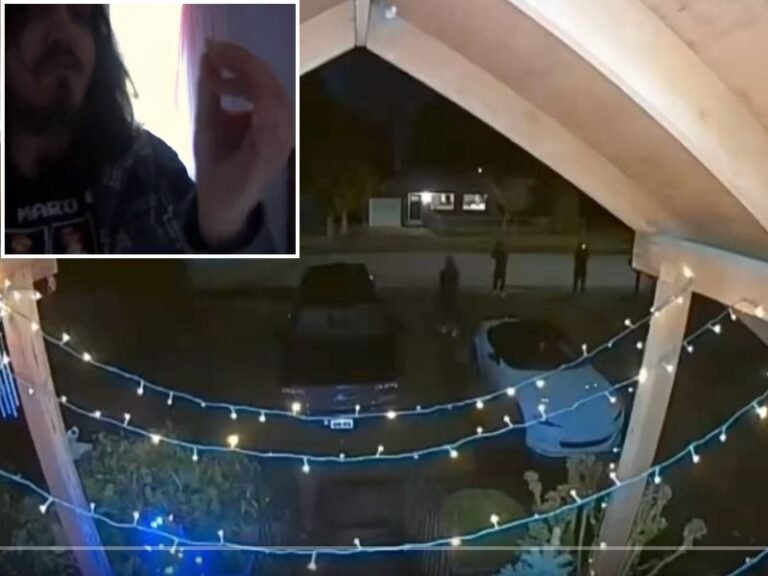Georgia Bail Law Challenged in Court as Judges Question Limits on Charitable Funds
ATLANTA, GA — A Georgia law that restricts nonprofit organizations from helping post bail is facing intense scrutiny from federal judges, who raised concerns over whether it violates constitutional rights to speech and association.
The law, passed in 2023 as Senate Bill 63, bans individuals or groups from posting more than three cash bonds per year unless they register as commercial bail agents. To do so, they would need sheriff approval, financial surety accounts, and regulatory compliance similar to for-profit bail companies. State officials argue it’s a necessary public safety measure, but civil rights advocates call it an attack on charitable freedom.
Federal Judges Question Free Speech Limits
During a hearing before the 11th U.S. Circuit Court of Appeals, multiple judges signaled doubts about the law’s constitutionality. One judge highlighted that charitable bail efforts are often paired with political statements or community activism, and could qualify as expressive conduct protected by the First Amendment.
The panel pointed to activities like livestreaming, rallies, and public coordination that often accompany bailouts — suggesting those elements make the law more than just a regulation of financial activity, as was emphasized in court documents shared by Courthouse News.
Law Temporarily Blocked After 2023 Ruling
A lower court already issued an injunction in late 2023, temporarily blocking the law from going into effect. U.S. District Judge Victoria Calvert ruled that the measure likely infringes on freedoms of speech and religion — especially for churches and faith-based groups that view posting bail as part of their mission.
That decision was backed by civil rights advocates and highlighted in reporting by The Guardian, which noted the disproportionate impact on Black and low-income communities.
Bail Funds Say They’re Being Targeted
The lawsuit was filed by the ACLU of Georgia and Georgetown University’s Institute for Constitutional Advocacy on behalf of several grassroots bail organizations. They argue that the law is an effort to “criminalize compassion” and prevent communities from helping each other avoid pretrial jail time.
According to AP News, the ACLU has described the Georgia law as one of the harshest crackdowns on charitable bail work in the country.
Georgia Argues It’s About Regulation, Not Rights
In its defense, the state claims the law is not about suppressing speech but about making sure bail operations — even nonprofit ones — are properly licensed and accountable. The state solicitor general argued that the actual act of posting bail is not expressive and therefore not subject to First Amendment protections.
But that framing is now under intense legal challenge, especially after dozens of prosecutors, legal experts, and justice organizations filed briefs urging the court to strike the law down. A joint letter from groups like Fair and Just Prosecution argued the measure would worsen incarceration disparities and violate basic freedoms, as noted in this report.
Do you think Georgia’s bail restrictions go too far? Should nonprofits be allowed to post bail freely?
Join the conversation in the comments section.







